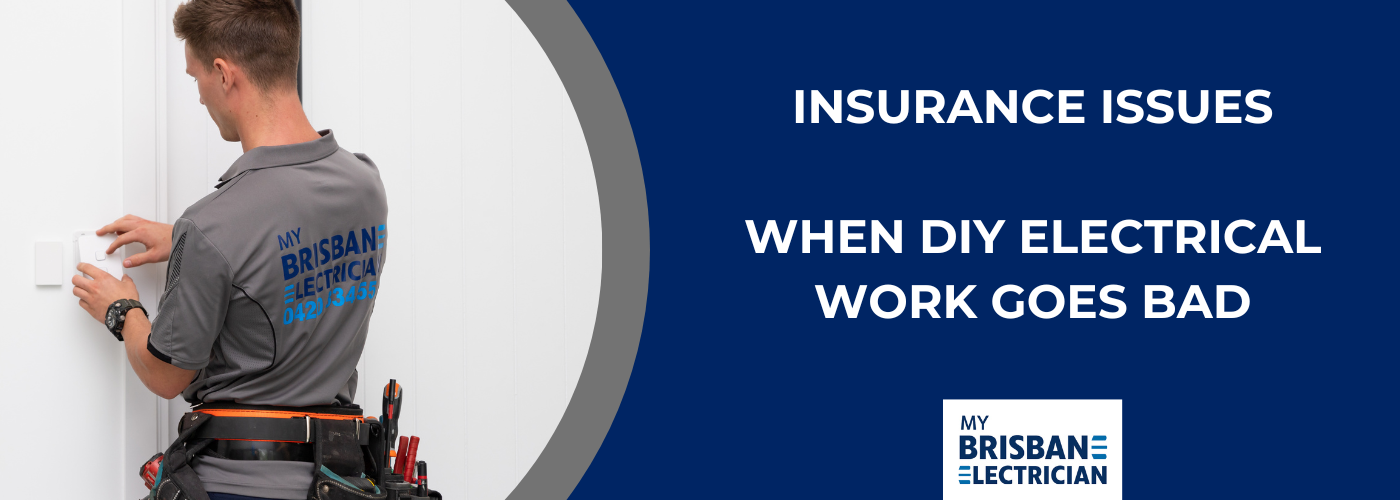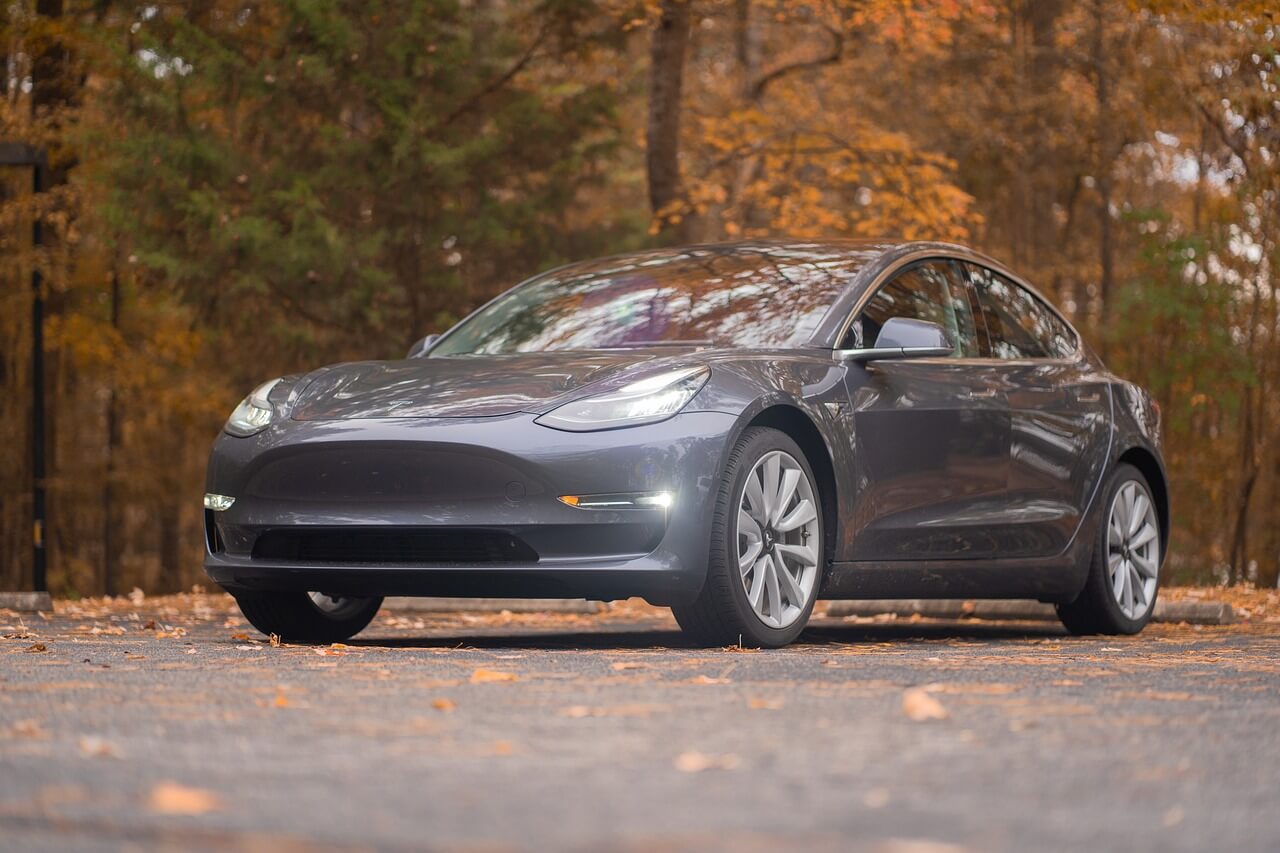If you’re a homeowner looking to save some money on household repairs, the thought of doing your own electrical work might have crossed your mind. After all, there’s no shortage of online tutorials and DIY advice encouraging you to “give it a go.” But when it comes to electricity, the risks far outweigh the potential savings.
Electrical work is not like painting a wall or installing shelves. It’s highly specialised, strictly regulated, and carries significant safety, legal, and financial implications. Especially here in Queensland, where the laws are particularly clear and strict.
In this article, we’ll explain why doing your own electrical work is dangerous, illegal, and potentially financially devastating, and what you should do instead.
Why DIY Electrical Work Isn’t Worth the Risk – Especially in Queensland
The Safety Risks Are Serious
Let’s start with the most obvious and urgent risk—your safety.
Electricity in Australian homes runs at 230 to 240 volts, which is more than enough to cause serious injury or death. Even a seemingly simple task like replacing a power point or installing a ceiling fan can expose you to live wiring, resulting in electric shock, burns, or worse.
What makes DIY electrical work particularly dangerous is that you may not even know you’ve made a mistake. Faulty wiring, loose connections, or improperly installed components might still “work” for a while, but they can overheat over time, arc, or cause fires without warning.
The consequences can include:
- Electric shocks or electrocution
- Electrical fires
- Damage to appliances and home infrastructure
- Harm to family members, guests, or pets
Qualified Electricians in Brisbane undergo years of training and licensing to ensure they can perform electrical work safely and to Australian standards. Without this training, it’s simply not worth the risk.
Is It Illegal to Do Your Own Electrical Work?
In Queensland, the Electrical Safety Act 2002 and the Electrical Safety Regulation 2013 clearly state that only licensed electricians can legally carry out electrical work.
This includes tasks like:
- Installing or relocating power points
- Replacing light switches
- Replacing circuit breakers
- Installing ceiling fans or hard-wired ovens & stoves
- Running new cabling or rewiring parts of your home
- Constructing an extension lead
- Replacing a plug on the end of an extension lead.
The only electrical jobs you can legally DYI include:
- Changing a light bulb
- Resetting a safety switch
- Replacing Downlights or appliances with an electrical plug (e.g. not hardwired)
- Replacing fuses
Everything else must be done by someone who holds a current QLD electrical licence and (if applicable) a contractor licence. We will touch on this in more detail further in the article.
The penalties for breaking the law are steep:
- Up to $40,000 in fines for individuals performing unlicensed electrical work
- Up to $600,000 and/or five years’ imprisonment if the work exposes someone to risk of serious injury or death
- Additional penalties and compliance actions from the Electrical Safety Office (ESO)
In short: even if the job looks easy, hiring a licensed electrical service in Brisbane not only protects you, it keeps you on the right side of the law.
Your Insurance Will Not Cover DIY Electrical Work
One of the most overlooked consequences of DIY electrical work is the impact it can have on your home insurance policy.
Does Homeowners Insurance Cover Electrical Problems?
Most insurers in Queensland (and across Australia) will not cover damage or loss caused by illegal or unlicensed electrical work. That means if your DIY project sparks a fire, causes electrocution, or damages your home’s electrical system:
- You won’t be covered.
- You’ll be paying for repairs or rebuilds out of your own pocket.
- You could also be liable if someone else is injured as a result.
This applies even if the issue occurs months or years after the work is done. Insurers can and do investigate the source of claims.
Make Sure Your Electrician Is Licenced Or You’re Still at Risk
Even if you’ve decided to hire a professional, not all electricians operate legally—and that can still put you and your home at serious risk.
In Queensland, it’s considered unlicensed electrical work if the person carrying it out doesn’t hold a current, valid electrical licence, even if they’ve been licenced in the past. This means:
- You should always verify the licence status before engaging any electrician.
- Electrical licences must be renewed regularly and may be suspended or cancelled if the electrician breaches safety regulations or insurance requirements.
Additionally, businesses who provide electrical work services in Queensland must have an electrical contractor licence. This means they meet the specific insurance requirements including having a minimum of $5 million public liability insurance, with a $50,000 consumer protection component.
Engaging someone without a current electrical licence:
- Is illegal
- Voids your insurance just like DIY work
- Exposes you to the same fines and safety risks
The safest approach is to use the QLD Electrical Licence Checker on the Electrical Safety Office’s website to confirm:
- The electrician’s name and licence number
- That their licence is active
- That they are authorised to carry out the type of work you need
Here at My Brisbane Electrician, we’re fully licensed, insured, and proud to meet all Queensland requirements. We’ll happily show you our credentials so you can feel confident you’ve made a smart, legal choice.
There Are Long-Term Financial Risks
Even if you manage to complete a DIY job without immediate disaster, you could still be setting yourself up for future problems.
Incorrectly installed electrical components can:
- Wear out prematurely
- Cause faults in other parts of your system
- Trigger nuisance tripping or flickering lights
- Make it harder (and more expensive) for a licensed electrician to diagnose issues later
And if you ever plan to sell your home, unlicensed electrical work can derail the sale. Property inspections can reveal non-compliant work, which may need to be rectified before settlement.
So What Should You Do Instead?
It’s simple: always hire a licensed and insured electrician.
When you work with a professional like My Brisbane Electrician, you’re not just paying for someone to “do the job.” You’re paying for peace of mind, long-term safety, and protection for your home and family.
We bring:
- Up-to-date knowledge of Queensland and Australian standards (AS/NZS 3000)
- Fully licensed and insured services
- High-quality workmanship that prioritises safety and reliability
- Clear communication and education so you know exactly what’s happening
- Prompt, tidy, and respectful service in your home
Even for small jobs, it’s worth getting it done right the first time. Whether you’re replacing old fittings, upgrading your switchboard, installing a ceiling fan, or renovating your kitchen, we’ve got you covered.
Need Electrical Work Done in Brisbane?
At My Brisbane Electrician, we’re here to help Queensland homeowners make safe, smart decisions about their homes. We believe in honest service, upfront advice, and high-quality workmanship that complies with all relevant standards.
Don’t risk your safety, your insurance, or your finances.
Contact us today to speak with a licensed electrician about your job, big or small. We’re happy to give you advice, a quote, or just help you understand what’s involved.


